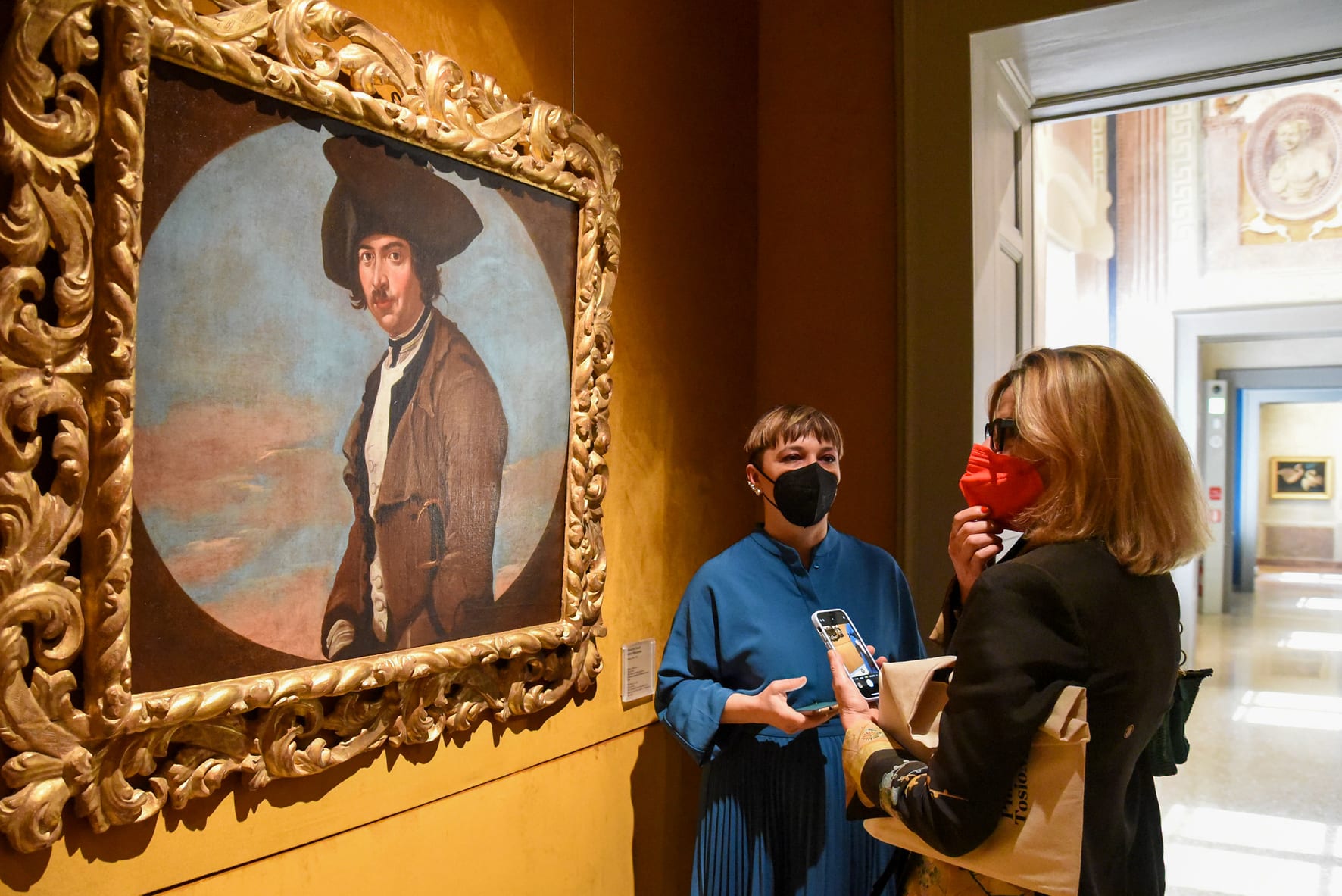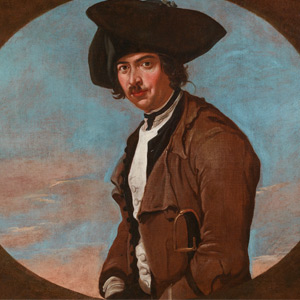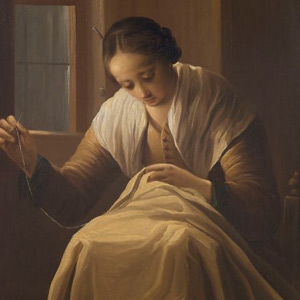Restauration of "Bravo" and "Sewing girl"
TOSIO MARTINENGO ART GALLERY
The fourth anniversary of the Tosio Martinengo Art Gallery reopening was celebrated with important news.
The reopening was possible thanks to the financial support of the Metal Work Group and the gift to the restoration community, through the Art Bonus tool, of the two new paintings that are now part of the new rooms of the Eighteenth century: The Bravo by Giacomo Ceruti and The sewing girl by Antonio Cifrondi.
"The support to Brescia Musei is for us a source of pride and satisfaction as we believe it is fundamental to promote and enhance the artistic and cultural heritage of our territory. We are present in 27 countries around the world with our societies, but we remain strongly linked to our origins and roots, aware that the history and artistic tradition of our country are fundamental positive features in an increasingly globalized and interconnected world. Brescia Musei is a great opportunity for company image that we seize with great enthusiasm helping to enhance more and more the cultural heritage of our city."
Daniele Marconi, Managing Director Metal Work Group of Companies
Giacomo Ceruti - Bravo, around 1725
The painting must be inserted at the beginning of the Brescia-based phase of Giacomo Ceruti. The careful physiognomy - the disheveled hairstyle, the thick and wrinkled moustaches and the wrinkles of the skin - is combined with the penetrating psychological characterization, which marks the image so much that it suggests to recognize a portrait.
An inscription on the back (now concealed but documented by a transcript) suggests that the painting depicts one of the bravi (or "bullies") who still in the eighteenth century were numerous in the service of the noble families of Brescia. From the same inscription it seems to be possible to deduce that the painting belonged to at least two houses of the city.
The figure is inserted in an oval that simulates an open window on the background of the sky: here the pink clouds create strong contrasts, with effects of illusionism not unrelated to a certain Lombard tradition.
Antonio Cifrondi - The sewing girl, around 1720-1725
Coming from the Vitale Bondini collection, the painting became part of the collections of the Tosio Martinengo Art Gallery in 1935, after being exhibited at "Painting in Brescia during Seventeenth and Eghteenth century", together with the Miller and the paintings of an old man and woman. The four paintings were considered a unique series, poetically called "The Miller’s Family". Among them, The sewing girl presents a close affinity with the Miller, with whom she shares the chromatic range, warm and bathed in white light, and the dreamy and silent atmosphere. The theme of the woman who sews represents one of the most popular iconographies of Cifrondi’s painting, which he addressed several times in his career: to date two other versions are known, characterized by the layout of the figure of three quarters, in a domestic environment where a window opens, as well as the presence of a hen at the foot of the protagonist. Compared to these, the model of the Tosio Martinengo seems to be the prototype, as evidenced by its dazzling quality.
Compared to previous interpretations of the theme of female works, Cifrondi does not choose the choral scene, but instead focuses on a single figure. The naturalistic tone and the attention to the psychology of the character, appreciable in the calm concentration with which the young study the point where to immerse the spire of the thread, do not recommend to read in the canvas an allegorical intent, clearly present instead in other interpretations of similar subjects and readable as an allusion to the sense of sight. Cifrondi, on the other hand, seems to avoid any over-meaning and draw attention to the deeper meaning revealed by the gesture and the atmosphere in which the girl’s activity takes place: a quiet and a peace brightened by work, which gives dignity and serenity to the person and his actions.
GALLERY


